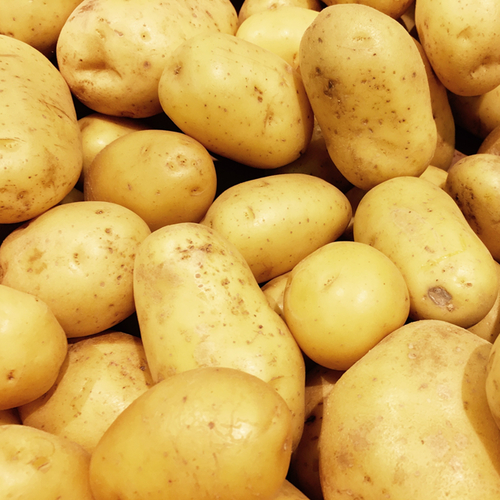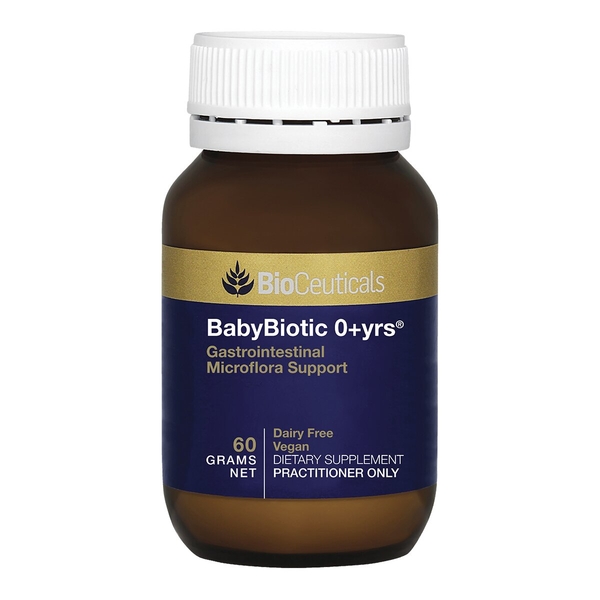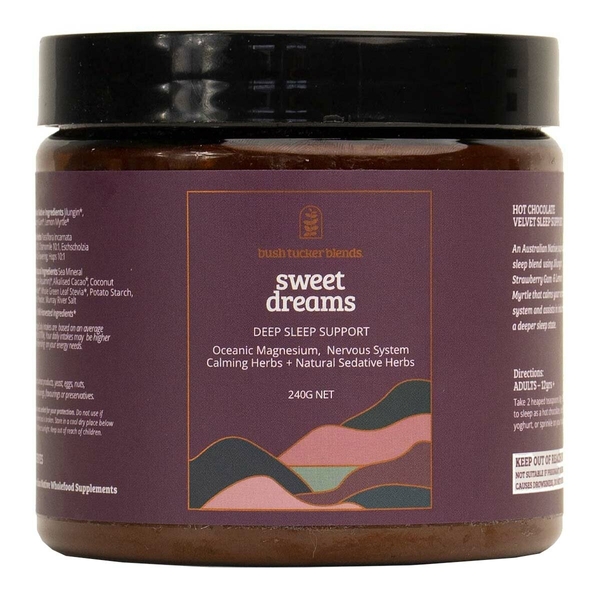
Potato
Scientific names: Solanum tuberosum
Family: Solanaceae
Alternate names: Irish Potato, Ja Ying Ye, Papa, Patatas, Patate, Patate Irlandaise, Pomme de Terre, Pomme de Terre Blanche, Pomme de Terre Irlandaise, Purple Potato, Solani Tuberosi Tuber Recens, White Potato
Background
Potato is a plant. The fleshy part of the root (potato) is commonly eaten as a vegetable. Potato is also used to make medicine.
People use potatoes for diabetes, heart disease, high blood pressure, indigestion (dyspepsia), and other conditions, but there is no good scientific evidence to support these uses.
In foods, potato is eaten, used as a source of starch, and fermented into alcohol.
People use potatoes for diabetes, heart disease, high blood pressure, indigestion (dyspepsia), and other conditions, but there is no good scientific evidence to support these uses.
In foods, potato is eaten, used as a source of starch, and fermented into alcohol.
Safety Safety definitions
When taken by mouth: It is LIKELY SAFE to eat unblemished, ripe potatoes as food. It is POSSIBLY SAFE to take unblemished, ripe potatoes, potato juice, or potato extracts as medicine. Eating fried potatoes might cause weight gain. Drinking potato juice can cause heartburn, bloating, and diarrhea.
It is LIKELY UNSAFE to eat damaged potatoes, green potatoes, and sprouts. These can contain poisonous chemicals that cannot be destroyed by cooking. These poisonous chemicals can cause sweating, headache, flushing, nausea, vomiting, diarrhea, stomach pain, thirst, restlessness, and even death.
When applied to the skin: There isn't enough reliable information to know if potato is safe or what the side effects might be.
It is LIKELY UNSAFE to eat damaged potatoes, green potatoes, and sprouts. These can contain poisonous chemicals that cannot be destroyed by cooking. These poisonous chemicals can cause sweating, headache, flushing, nausea, vomiting, diarrhea, stomach pain, thirst, restlessness, and even death.
When applied to the skin: There isn't enough reliable information to know if potato is safe or what the side effects might be.
Special Precautions & Warnings:
Pregnancy and breast-feeding: It is LIKELY SAFE to eat unblemished, ripe potatoes when pregnant or breast-feeding. But there isn't enough reliable information to know if the larger amounts used as medicine are safe. Stay on the safe side and stick to food amounts.Effectiveness
NatMed Pro rates effectiveness based on scientific evidence according to the following scale: Effective, Likely Effective, Possibly Effective, Possibly Ineffective, Likely Ineffective, Ineffective, and Insufficient Evidence to Rate.
Possibly ineffective Effectiveness definitions
- Cancer. Eating potatoes does not appear to prevent death due to cancer.
- Colon cancer, rectal cancer. Eating potatoes does not appear to prevent colon or rectal cancer.
- Heart attack. Eating potatoes does not appear to prevent heart attacks.
- Death from any cause. Eating potatoes does not appear to prevent death from any cause.
- Stroke. Eating potatoes does not appear to prevent stroke.
Insufficient evidence Effectiveness definitions
- Heart disease. Early research shows that eating purple potatoes can reduce the stiffness of arteries, but doesn't seem to improve other risk factors for heart disease. Also, population studies have found that eating potatoes does not prevent heart disease.
- Indigestion (dyspepsia). Early research shows that drinking potato juice might help to improve feelings of indigestion in some people.
- High blood pressure. Early research shows that eating small purple potatoes might reduce blood pressure levels by a small amount.
- Boils.
- Burns.
- Infections.
- Obesity.
- Osteoarthritis.
- Other conditions.
Dosing & administration
The appropriate dose of potato depends on several factors such as the user's age, health, and several other conditions. At this time there is not enough scientific information to determine an appropriate range of doses for potato. Keep in mind that natural products are not always necessarily safe and dosages can be important. Be sure to follow relevant directions on product labels and consult your pharmacist or physician or other healthcare professional before using.
Interactions with pharmaceuticals
Medications for dissolving blood clots (Thrombolytic Drugs)
Interaction Rating=Moderate Be cautious with this combination.
Potatoes contain a chemical that decreases blood clotting. Taking large amounts of potato with medications used for dissolving blood clots might increase the chance of bleeding and bruising.
Some medications used for dissolving blood clots include alteplase (Activase), anistreplase (Eminase), reteplase (Retavase), streptokinase (Streptase), and urokinase (Abbokinase).
Succinylcholine
Interaction Rating=Moderate Be cautious with this combination.
Succinylcholine is a medication that is sometimes used during surgery. Eating potatoes the night before surgery can cause succinylcholine to last longer. This might slow down recovery from surgery.
Interactions with herbs & supplements
There are no known interactions with herbs and supplements.
Interactions with foods
There are no known interactions with foods.
Action
Potatoes might limit appetite so people can lose weight. A chemical in the potato peel might also prevent bacteria from attaching to cells. Potatoes are a source of vitamin C, iron, riboflavin, potassium, and carbohydrates.
Products
View all productsPer 1.5 g:
- Potato maltodextrin
- Bifidobacterium animalis ssp. lactis (CUL 34) 1 billion CFU
- Bifidobacterium breve (M-16V) 1.5 billion CFU
- Bifidobacterium bifidum (CUL 20) 50 million CFU
- Bifidobacterium infantis (M-63) 500 million CFU
- Bifidobacterium longum (BB536) 1 billion CFU
- Lactobacillus rhamnosus GG 1 billion CFU
- Bifidobacterium bifidum (CUL 73) 950 million CFU
- Lactobacillus fermentum (CUL 67) 1 billion CFU
- Cichorium intybus (root) (Chicory)
- Tapioca
- Calcium phosphate
- Zea mays (Corn starch)
- Corn maltodextrin
Practitioner product
Per 8 g:
- Potato maltodextrin
- Passiflora incarnata (flower)
- Chamomilla spp.
- Eschscholzia californica (flower)
- Humulus lupulus
- Backhousia citriodora
- Magnesium hydroxide (Aquamin Mg)
- Theobroma cacao
- Coconut milk powder
- Stevia rebaubiana
- Beta vulgaris powder
- Murray River salt
- Terminalia canescens
- Eucalyptus olida
$59.95
OOS at supplier
Create account
Due back 11/04
vital.ly has licensed monographs from TRC Healthcare.
This monograph was last reviewed on 07/12/2023 11:00:00 and last updated on 15/10/2020 21:59:13. Monographs are reviewed and/or updated multiple times per month and at least once per year.
Natural Medicines disclaims any responsibility related to medical consequences of using any medical product. Effort is made to ensure that the information contained in this monograph is accurate at the time it was published. Consumers and medical professionals who consult this monograph are cautioned that any medical or product related decision is the sole responsibility of the consumer and/or the health care professional. A legal License Agreement sets limitations on downloading, storing, or printing content from this Database. No reproduction of this monograph or any content from this Database is permitted without written permission from the publisher. It is unlawful to download, store, or distribute content from this site.






